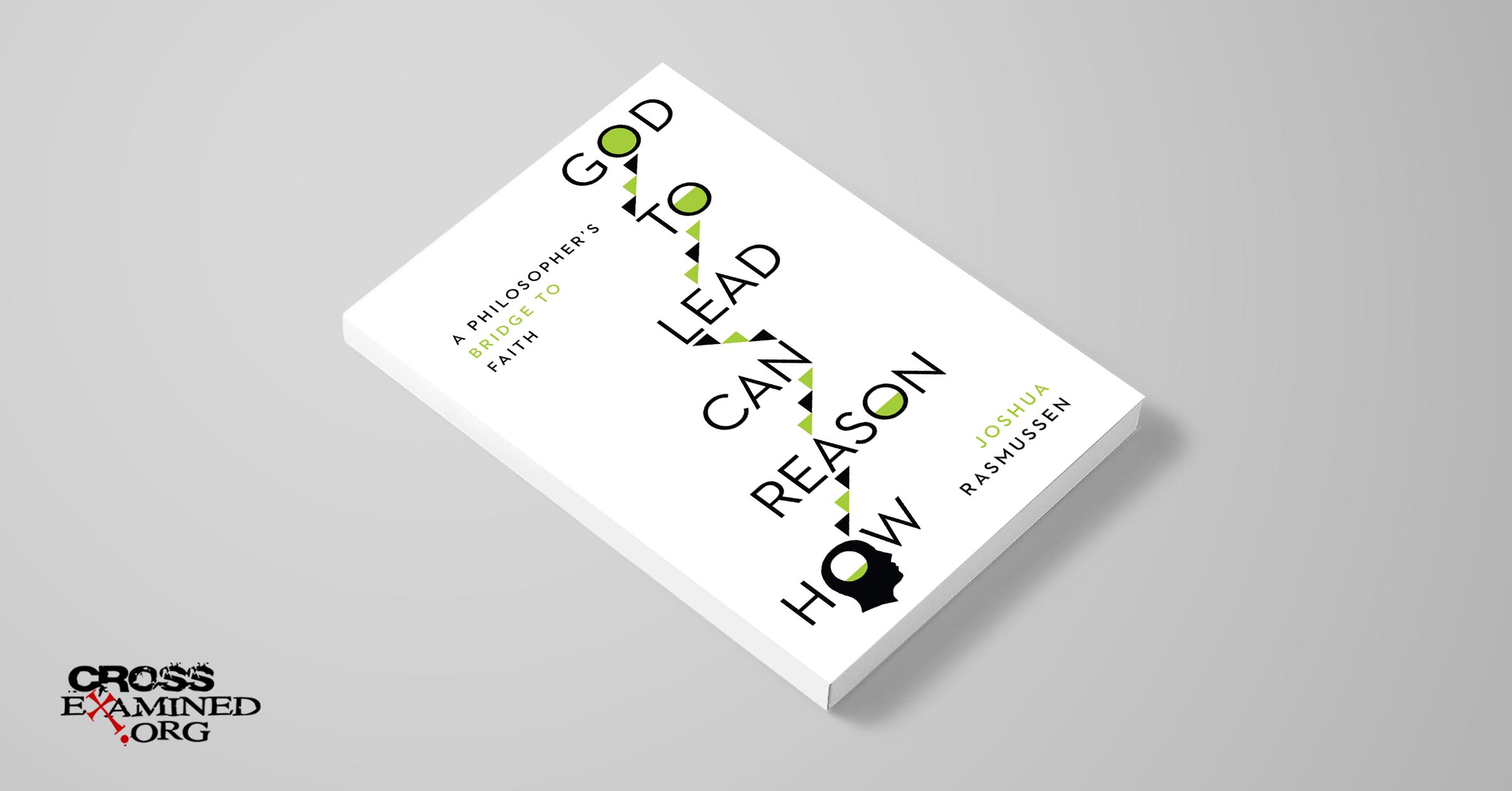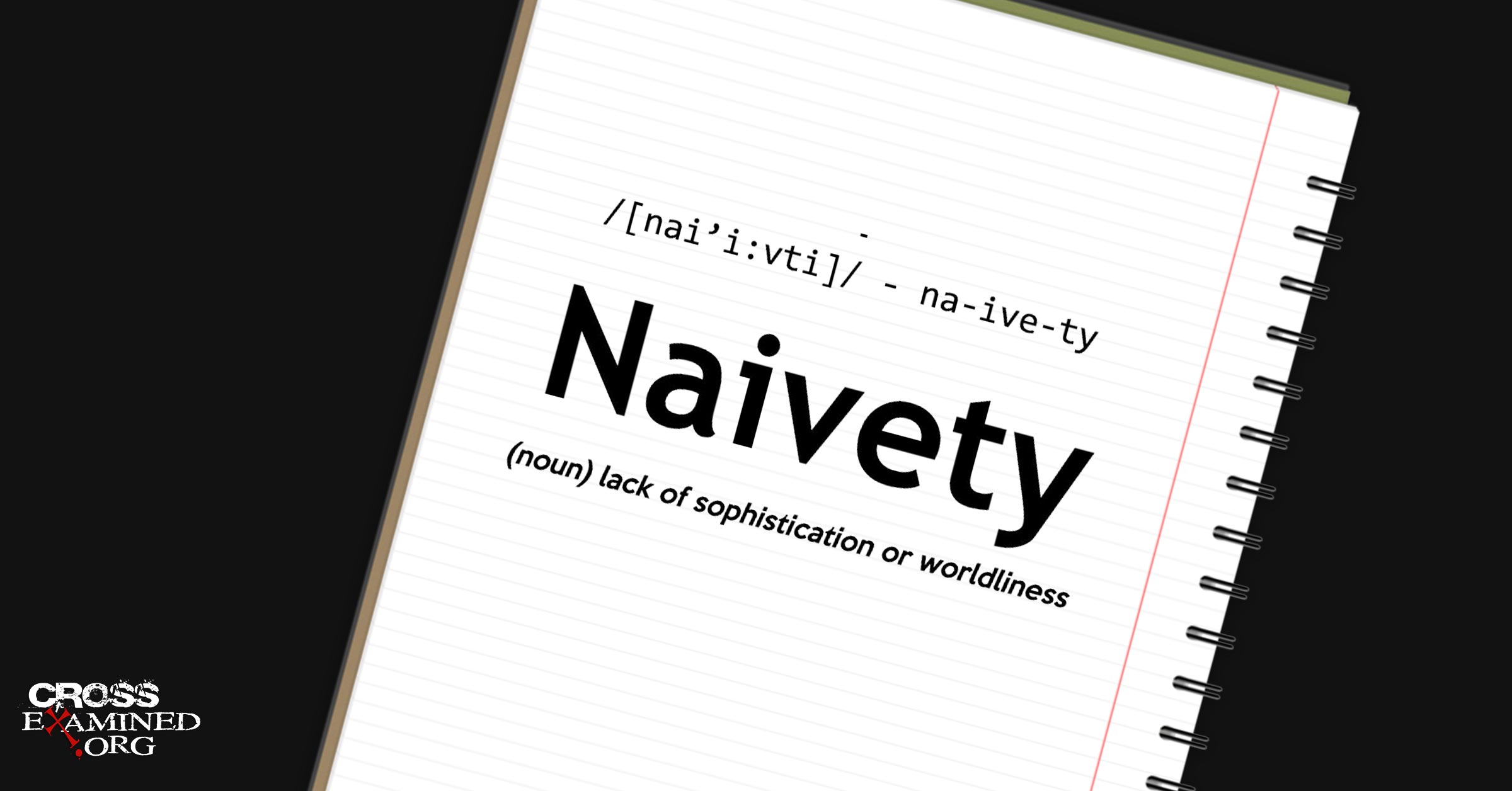Book Review: How Reason Can Lead To God by Joshua Rasmussen
“I write for a specific sort of person. You value reason, science, and independent thinking. You question beliefs propped up by ‘faith’ without sufficient evidence. Maybe you would like your life to have a deeper purpose, but you cannot believe something based on a mere wish. Whether you are a student, an academic, or just a curious person, you want one thing: the truth. If you can relate, this book is for you” (Rasmussen).
In what promises to be one of the great Christian Apologetics books of all time, Dr. Josh Rasmussen leads us across a bridge of reason. A bridge that begins with his own doubts and questions as a teenager. A bridge built by the tools of reason, on which we can learn to think clearly, and discover the foundations of the world in which we find ourselves. A bridge that if followed honestly and openly, can lead to a real treasure on the other side.
But this is not an ideological bridge; one based on affirming prior conclusions and forcing the reader to think a certain way. This book is not even written primarily for those who are already believers. Rather, it is for the skeptic. As someone who is naturally skeptical himself, Josh does not compel anyone to step onto the bridge. But he extends his hand and invites one to use their own reason. Josh has no interest in leading anyone blindly according to his own reasons. He invites his readers to test his arguments and conclusions every step of the way – even teaching them how to use powers of reason they may not have even known they had to investigate the world for themselves.
Taking nothing for granted, Rasmussen looks at some of the most fundamental questions we can ask ourselves: What is reality? How do we know anything exists? How do we even know we exist? How do we know we are thinking? Using the light of reason and sophisticated philosophical thought, Rasmussen investigates competing theories about the foundation of all reality to explain how anything at all can exist. He explains that our theory about the foundation must consist of the materials capable of constructing all the aspects of the reality in which we exist.
He shows us how we can use logic to discover what the foundation of reality is like; that materialism and naturalism fail to account for all the aspects of reality around us – but that a Mental Foundation can serve as a robust theory that provides us with simplicity, uniformity, and the explanatory depth needed for all the aspects of reality, including Mind, Matter, Morals, and Reason. And this foundation also serves as the pillars for our bridge of reason; Independence, Necessity, Ultimacy, and Eternal Power.
Libertarian Freedom
In one of my favorite chapters, FOUNDATION OF MIND, Rasmussen helps us understand ourselves and our own minds better through self-reflection and reason. In his section on free will, he shows us that our sense of ourselves making free choices is a window into a world where we really do have libertarian free will:
“Stop reading this. Can you? Is it up to you whether you continue reading? If so, then you have some measure of ‘free will.’ In other words, you have the power to choose between options.
You might be unsure whether you actually have free will. It is understandable: the particles in your brain follow the laws of physics, and the laws of physics are not up to you. In other words, if particles pull all the strings, then you are a puppet of their powers.”
This section lends greatly to the defense of the FreeThinking Argument which deductively demonstrates that naturalism is incapable of providing the foundational materials needed for building minds that have the capacity to reason. But that Theism provides the best explanation for why
“… you have the power to choose whether to focus on these words or to release your focus. This power is within the options available to you, at least if it is within the options available to the particles. Choose your focus, and the particles in your brain will thereby take a path. (Recent science of the mind-brain connection supports this result).”
This chapter helped me personally see how it is possible for God to know my thoughts. God is the foundational mind of all other minds. Minds made in his image.
All along the way, Rasmussen does an excellent job of communicating deep ideas at a personable level that makes it easy for even the laymen to grasp tough thoughts.
The Bridge to Reason
Even the entire argument of the book boils down to a simple form:
Premise 1. Reality in total is self-sufficient (with no outside cause or explanation).
Premise 2. Nothing can be self-sufficient without a perfect foundation.
Conclusion. Therefore, reality has a perfect foundation.
I’ll leave it to Rasmussen to defend the premises in his book. He does so with stunning brilliance and clarity.
Now, construction of this bridge does not come without its obstacles. But Rasmussen helps to remove these barriers by answering some of the toughest objections to his worldview, including the logical problem of evil and some of its sub-categories, such as why God would condemn people for being born into the wrong religion, and why God would allow innocent children to suffer. And in what I think is one of the best answers to this problem, Rasmussen shows us how we can use reason to see that not only does naturalism fail to provide a satisfying explanation for why any moral creatures exist, but that on theism, we should expect the existence of certain mysterious evils. In doing so, he presents a meaningful view of a world in which God creates us to be coauthors in His grand story of reality.
And on the other side of the bridge, we get access to a secret argument that our journey has made for us. But more importantly, if we seek with an honest and open heart, we might find a treasure that’s value is immeasurable. There is a risk, but “… there is value in seeking treasures in the face of uncertainty.”
One risk is the collapse of one’s worldview. But Rasmussen identifies with this, and provides consolation in the discovery of truth:
“My original vision of the world was too limited. My research helped me see that the world is far greater and more complex than I had imagined. I began to feel thankful that my childhood vision of reality was shattered, for it was too simple.”
The other risk is disappointment. Rasmussen points out that “… it takes courage not only to face cold truth, but it also takes courage to look for a treasure before you know whether the treasure is real.”
“This book is about the search for a treasure. Many treasures are not obvious, but we can find them without leaping into the dark. In this book, I will attempt to construct a bridge of reason that can help truth-seekers explore a pathway to a valuable discovery.
You will be the judge. My goal is to bring you encouragement about the big picture of your life through the unalterable rules of reason. I invite you to put the bridge to the test. Without a rational basis for our steps, we walk blindly.
Reason will give us Light.”
Conclusion
When having the conversation about the greatest Christian Apologetics books of all time; books that every serious Christian and non-Christian alike ought to read: No doubt that in the years to come, among mentions such as Mere Christianity by C.S. Lewis, or Reasonable Faith by William Lane Craig, How Reason Can Lead To God, by Joshua Rasmussen will find itself in that conversation.
Recommended resources related to the topic:
I Don’t Have Enough Faith to Be an Atheist (Paperback), and (Sermon) by Norman Geisler and Frank Turek
Tactics: A Game Plan for Discussing Your Christian Convictions by Greg Koukl (Book)
Defending the Faith on Campus by Frank Turek (DVD Set, mp4 Download set and Complete Package)
So the Next Generation will Know by J. Warner Wallace (Book and Participant’s Guide)
Fearless Faith by Mike Adams, Frank Turek and J. Warner Wallace (Complete DVD Series)
When Reason Isn’t the Reason for Unbelief by Dr. Frank Turek DVD and Mp4
Stelman Smith Jr. is the co-creator and host of The Unapologetic Apologists, a Christian talk show about Apologetics and Philosophy on YouTube. Stelman interviews leading Christian Apologists about big ideas and responds to atheist videos. Learn more about Stelman here: YouTube.com/TheUnapologeticApologists Facebook.com/UnapologeticApologists Twitter @StelmanSmithJr SubscribeStar.com/TUA UnapologeticApologists.com
Original Blog Source: https://bit.ly/3ha04tc












Leave a Reply
Want to join the discussion?Feel free to contribute!